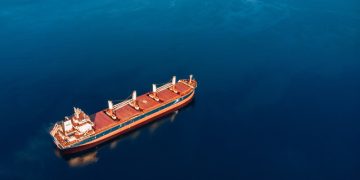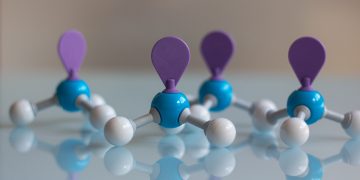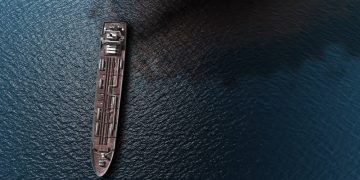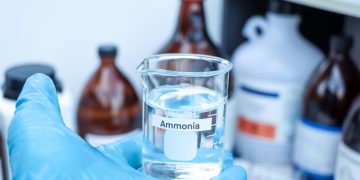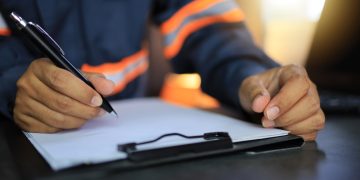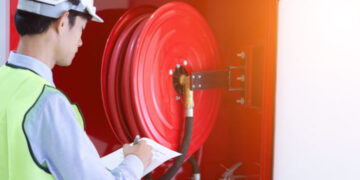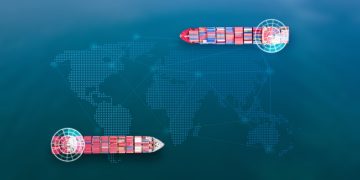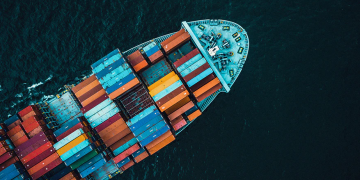EMSA: Exploring the latest technology in exhaust gas cleaning
A small group of EMSA staff were recently invited by Royal Caribbean Cruises and Tui to view the new Hybrid Scrubber System that has been installed on Tui Cruises new ship, the Mein Schiff 3, which had called into Lisbon during its maiden cruise to Malta. During the visit the EMSA group was given a presentation on the exhaust gas cleaning system installed on board, which is currently under trial. They also visited the engine room to see the system in situ and were briefed on how the system removes sulphur oxides from the exhaust gases. The Hybrid Scrubber System enables the ship to meet the requirements of MARPOL Annex VI and the EC Sulphur Directive (2012/33/EU), without using low sulphur fuel. Source & Image Credit : EMSAIn the beginning, I was open with you propecia before and after has changed my essence. It has become much more fun, and now I have to run. Just as it is improbable to sit.
Read more






